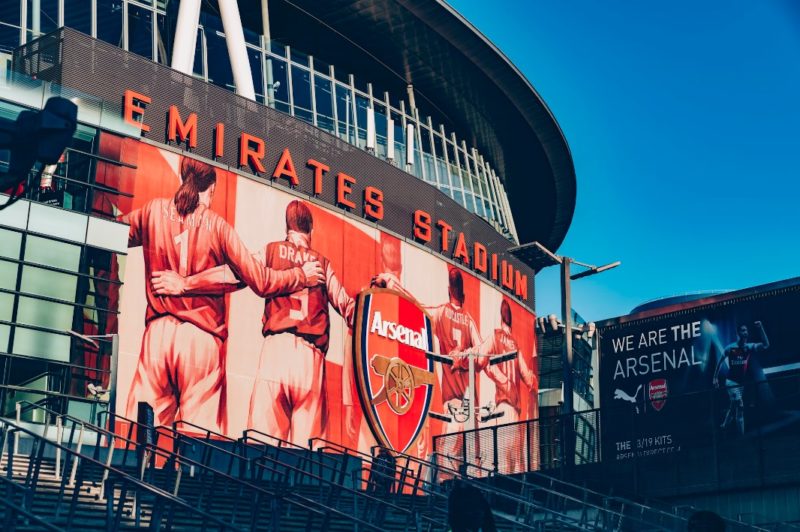The Premier League has voted to amend the Associated Party Transactions (APT) rules following a controversial legal case involving Manchester City.
The vote to modify the APT framework was passed at a meeting held at the Nobu Hotel in Portman Square, London, with Manchester City failing to persuade enough clubs to block the change.
The rule change comes after Manchester City contested that regulations brought in following Newcastle United‘s takeover by the Saudi Arabian Public Investment Fund (PIF) were discriminatory towards Gulf States. However, an independent panel dismissed City’s claims, paving the way for the new rules to be approved despite efforts to delay the decision.
With this outcome, the Premier League has tightened its scrutiny on club transactions that could be perceived as attempts to bypass fair market value assessments.
The new APT regulations aim to prevent clubs from gaining an unfair advantage through inflated sponsorship deals or cost reductions linked to associated parties. The intent is to maintain financial integrity and fair competition across the league. These regulations are crucial for Arsenal, especially as they seek to operate within a more stringent financial framework while competing with wealthier clubs that have access to external funding through associated ‘entities’.
Arsenal’s cautious approach in recent transfer windows under Mikel Arteta and the ownership of Kroenke Sports & Entertainment (KSE) may now prove to be advantageous. Unlike Manchester City or Newcastle United, Arsenal do not have the same level of financial backing from state-linked entities or sponsors directly tied to the club’s owners. As a result, Arsenal have generally operated within more conventional financial parameters, focusing on long-term sustainability and gradual squad development.
The rule changes could also impact Chelsea, who, under their new ownership, have been aggressive in the transfer market, often relying on complex financial structures.
For Arsenal, it is hoped this development will help ensure a more level playing field where their rivals’ spending power is subjected to greater scrutiny, reducing the risk of artificially inflated sponsorship deals that distort competition.
The Premier League’s official statement emphasised that the modifications came after a detailed consultation process with all clubs, guided by multiple opinions from independent leading counsel. The changes include integrating the assessment of shareholder loans and revising how relevant information from the Premier League’s databank is shared with club advisors.
Manchester City had pushed for a 90-day delay in voting on the amendments, with Aston Villa chairman Nassef Sawiris also urging clubs to be cautious before making a decision. City argued that more time would increase the likelihood of a unanimous agreement. Despite these efforts, the proposal to alter APT rules was passed, marking a significant moment in the Premier League’s ongoing effort to ensure financial fair play.
For Arsenal, the changes represent a reinforcement of the principles they have largely abided by in recent years. Under Arteta, the club has focused on building a cohesive squad without resorting to excessive financial manoeuvring. With stricter APT rules now in place, the hope is that Arsenal’s sustainable model will stand them in good stead as they look to challenge for the Premier League title and maintain competitiveness in Europe.
Related Posts

